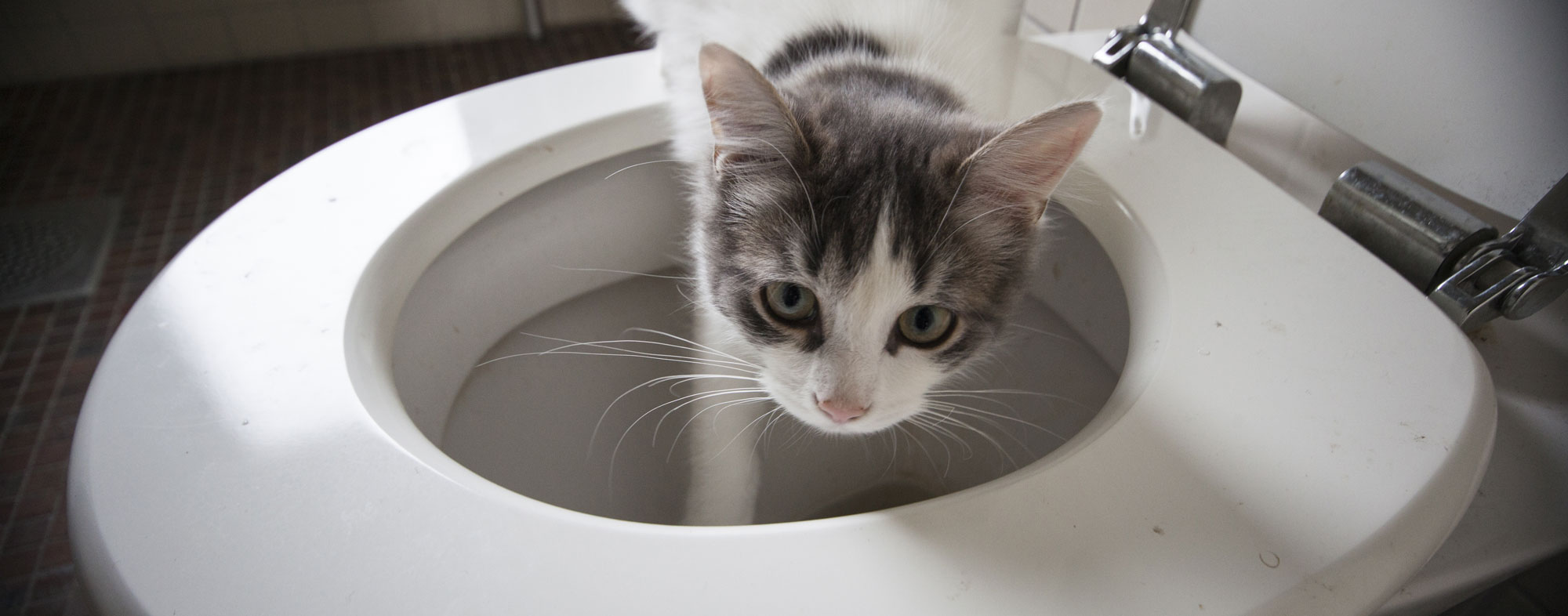Why You Should Avoid Flush Cat Poop Down Your Toilet - Important Facts
Why You Should Avoid Flush Cat Poop Down Your Toilet - Important Facts
Blog Article
Listed here down the page you will discover a bunch of good guidance pertaining to How to Dispose of Cat Poop and Litter Without Plastic Bags.

Introduction
As feline owners, it's important to be mindful of just how we throw away our feline buddies' waste. While it might appear convenient to purge feline poop down the commode, this practice can have destructive consequences for both the setting and human health and wellness.
Ecological Impact
Purging feline poop presents dangerous pathogens and bloodsuckers into the water, posing a considerable risk to water communities. These contaminants can negatively impact marine life and concession water quality.
Health Risks
In addition to ecological concerns, flushing pet cat waste can additionally pose health threats to human beings. Feline feces may include Toxoplasma gondii, a parasite that can create toxoplasmosis-- a possibly severe illness, specifically for expecting women and people with weakened body immune systems.
Alternatives to Flushing
The good news is, there are safer and a lot more liable means to throw away feline poop. Think about the complying with alternatives:
1. Scoop and Dispose in Trash
One of the most typical method of getting rid of cat poop is to scoop it into an eco-friendly bag and throw it in the trash. Make sure to make use of a devoted trash inside story and dispose of the waste immediately.
2. Usage Biodegradable Litter
Go with biodegradable feline trash made from materials such as corn or wheat. These trashes are environmentally friendly and can be safely thrown away in the garbage.
3. Hide in the Yard
If you have a lawn, think about burying cat waste in a designated location far from vegetable gardens and water resources. Make sure to dig deep sufficient to prevent contamination of groundwater.
4. Mount a Pet Waste Disposal System
Invest in a pet dog garbage disposal system particularly designed for pet cat waste. These systems use enzymes to break down the waste, reducing odor and ecological effect.
Conclusion
Accountable pet possession expands beyond giving food and shelter-- it additionally involves appropriate waste monitoring. By refraining from flushing pet cat poop down the commode and choosing alternate disposal approaches, we can minimize our environmental footprint and secure human wellness.
Why You Should Never Flush Cat Poop Down the Toilet
A rose by any other name might smell as sweet, but not all poop is created equal. Toilets, and our sewage systems, are designed for human excrement, not animal waste. It might seem like it couldn’t hurt to toss cat feces into the loo, but it’s not a good idea to flush cat poop in the toilet.
First and foremost, assuming your cat uses a litter box, any waste is going to have litter on it. And even the smallest amount of litter can wreak havoc on plumbing.
Over time, small amounts build up, filling up your septic system. Most litter sold today is clumping; it is made from a type of clay that hardens when it gets wet. Ever tried to scrape old clumps from the bottom of a litter box? You know just how cement-hard it can get!
Now imagine just a small clump of that stuck in your pipes. A simple de-clogger like Drano isn’t going to cut it. And that means it’s going to cost you big time to fix it.
Parasitic Contamination
Believe it or not, your healthy kitty may be harboring a nasty parasite. Only cats excrete Toxoplasma in their feces. Yet it rarely causes serious health issues in the cats that are infected. Most people will be fine too if infected. Only pregnant women and people with compromised immune systems are at risk. (If you’ve ever heard how women who are expecting are excused from litter cleaning duty, Toxoplasma is why.)
But other animals may have a problem if infected with the parasite. And human water treatment systems aren’t designed to handle it. As a result, the systems don’t remove the parasite before discharging wastewater into local waterways. Fish, shellfish, and other marine life — otters in particular — are susceptible to toxoplasma. If exposed, most will end up with brain damage and many will die.
Depending on the species of fish, they may end up on someone’s fish hook and, ultimately on someone’s dinner plate. If that someone has a chronic illness, they’re at risk.
Skip the Toilet Training
We know there are folks out there who like to toilet train their cats. And we give them props, it takes a lot of work. But thanks to the toxoplasma, it’s not a good idea.

As a devoted person who reads on Can You Flush Cat Poo or Litter Down the Toilet?, I assumed sharing that section was beneficial. Enjoyed our content? Please share it. Help someone else find it. Thanks a lot for your time. Kindly check up our blog back soon.
Call Today Report this page